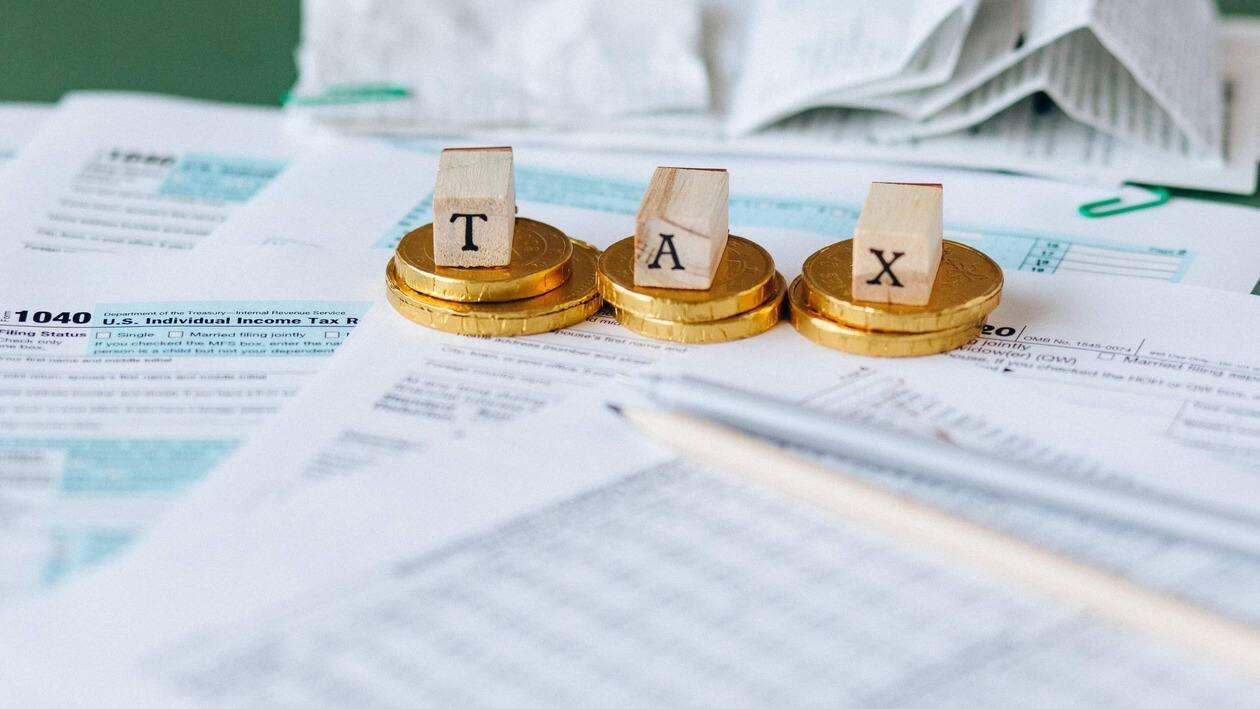Income tax is a form of direct tax that the central government levies on the income that both individuals and businesses generate within a fiscal year. To calculate the exact amount of tax that needs to be paid, one has to be aware of all the laws and guidelines established by the government and the IT department of the country.
Recently, a new rule has just surfaced in addition to the existing set of tax regulations. The Central Board of Direct Taxes (CBDT) enacted Rule 132, which took effect on October 1, 2022. This rule examines whether firms should deduct surcharge payments from their taxable income. Anyone in charge of running a firm should be aware of the recently adopted Income Tax Act Rule 132.
Why was Rule 132 needed?
The introduction of Rule 132 comes amid disagreements over whether or not cess or surcharge can be deducted from income. The legislation previously made it clear that business organisations couldn't deduct their income taxes when calculating their net taxable profit.
This decision left open the question of whether or not a cess or surcharge on such income tax qualifies as a deduction. The matter was still up for debate because tax authorities and business associations all throughout the country claimed deductions for such a cess or surcharge in their tax computations. But in a recent ruling, a court provided clarity and permitted the income tax cess and surcharge deduction.
What does it mean for the taxpayers?
Prior to the adoption of Rule 132, assessees were able to deduct the amount that companies paid in cess or surcharge since it was seen to be an expense.
According to the Finance Act of 2022, a deduction for such a cess and surcharge on income tax is not permitted from the taxable profit. With the use of Rule 132, taxpayers who have claimed a cess or surcharge deduction can disclose information about their taxable income, tax liability, and remaining cess or surcharge to be paid.
“An application requesting for recomputation of total income of the previous year without allowing the claim for deduction of surcharge or cess, which has been claimed and allowed as deduction under section 40 in the said previous year, shall be made in Form No. 69 on or before the 31st day of March, 2023”, said the circular by the IT department.
The form must be submitted electronically. Form 69 will allow authorities to calculate the individual's taxable income. After paying the recalculated tax, the person is required to provide information about the tax paid using Form 70. The Assessing Officer must receive the application within 30 days after receiving payment.
The deadline for submitting Form 69 is March 31, 2023. In addition to the tax amount, the taxpayer will also be responsible for interest and a penalty equivalent to 50 percent of the tax amount if the application is not submitted.
With the advent of Rule 132, the government has now given taxpayers a one-time window, ending on March 31, 2023, to recalculate their taxable profits without taking any deductions for cess or surcharges, and to deposit any additional taxes due on such underreported income, with retroactive effect beginning in 2005.
